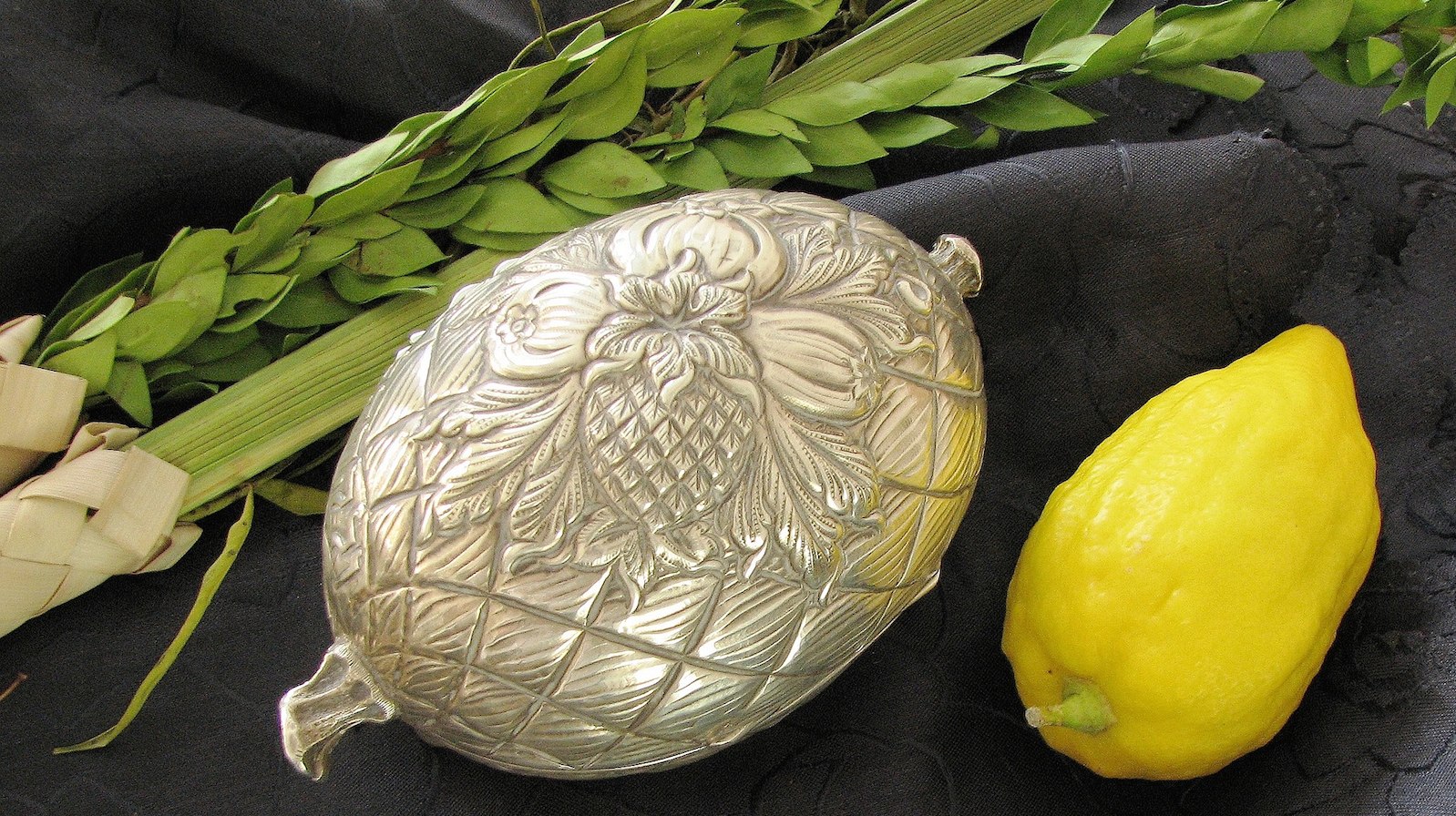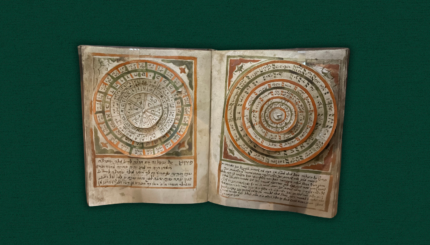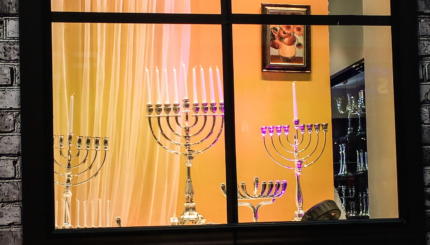Despite its good spirit and feasting, Sukkot remains among the most neglected holidays. Perhaps it is because contemporary society has robbed us of the capacity to hear symbolic language. Sukkot has equipped Jewry to deal with certain recurring dilemmas encountered on its millennial Exodus journey, but the language must be translated so the methods can be grasped.
What, then, are the questions posed by the long years of journeying? How can a people persist on an endless march toward a state of universal exodus without its treasury of idealism being nickeled or dimed away at every stop? What is the proper relationship between daily living and eternal calling? Given the enormous gap between the end goal and the present moment, is it proper to enjoy life? Given the widespread suffering of humanity, do ease and affluence not constitute self-indulgence and insensitivity to the plight of others?
These questions boil down to three major challenges to religious integrity and faithfulness. Beyond honoring and reenacting the journey in the desert, the holiday of Sukkot offers living strategies to deal with these universal challenges.
1) How to Improve the World
The first challenge is to develop a working method of improving the world. In its present condition, the world cannot sustain the full dignity of human life. This leads some to surrender to passivity. By contrast, a commitment to perfection generates an activist stance toward nature, a determination to transform the world so that it will support a higher standard of human living. But management and technology too easily slip into abuse and degradation of the environment and loss of proper human relationship to nature. How can one navigate successfully between the Scylla of fatalism and the Charybdis of soulless manipulation of natural order?
With your help, My Jewish Learning can provide endless opportunities for learning, connection and discovery.
2) Complacency vs. Rootlessness
Second, there is a powerful tendency to become rooted in a specific land and a particular community and culture. Such rootedness is in itself a major source of freedom and dignity for the individual. Yet rootedness leads to total acceptance of the local norms of behavior and value. Many people idolize their land and will stop at nothing to preserve their stake. People who measure themselves by prevailing standards end up absolutizing those norms, thereby betraying the Exodus goal. Yet rootlessness is no answer. Taken to its extreme, rootlessness leads to social pathology and vulnerability. Where is the resolution?
3) The Lure of Affluence
Third, how shall people live with the simple pleasures of life along the Exodus march through history? Poverty is an enemy to be overcome, yet affluence so easily erodes the moral fiber. Like others, Jews have all too often succumbed to ease and acceptance by yielding their roles as gadflies for change. Is wealth also an enemy? Then who or what is a friend? Must Jews exercise repression in every aspect of life in order to reach their goal of perfecting every aspect of life?
Sukkot addresses these dilemmas by offering its own remarkable combinations of experiences. Sukkot rituals pay tribute to the Israelite journeys in a desert while celebrating the produce of the land of Israel. Sukkot rituals affirm the holiness of pleasure, even while they infuse pleasure into the holy. The Sukkot liturgy celebrates material wealth even as it warns (in Ecclesiastes, the Bible reading for the holiday) that it is “vanity of vanities.” In the course of communicating these dialectical truths, Sukkot’s central ritual model of the holiday – the reenactment of the journey to liberation – becomes the foreshadowing of the Exodus way through human history to a universal Promised Land.
Reprinted with the author’s permission from The Jewish Way: Living the Holidays (Touchstone ).
Sukkot
Pronounced: sue-KOTE, or SOOH-kuss (oo as in book), Origin: Hebrew, a harvest festival in which Jews eat inside temporary huts, falls in the Jewish month of Tishrei, which usually coincides with September or October.



